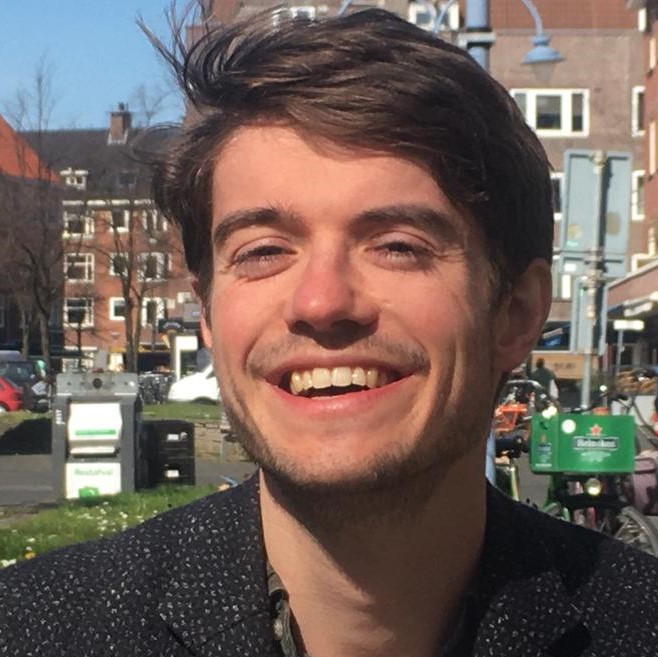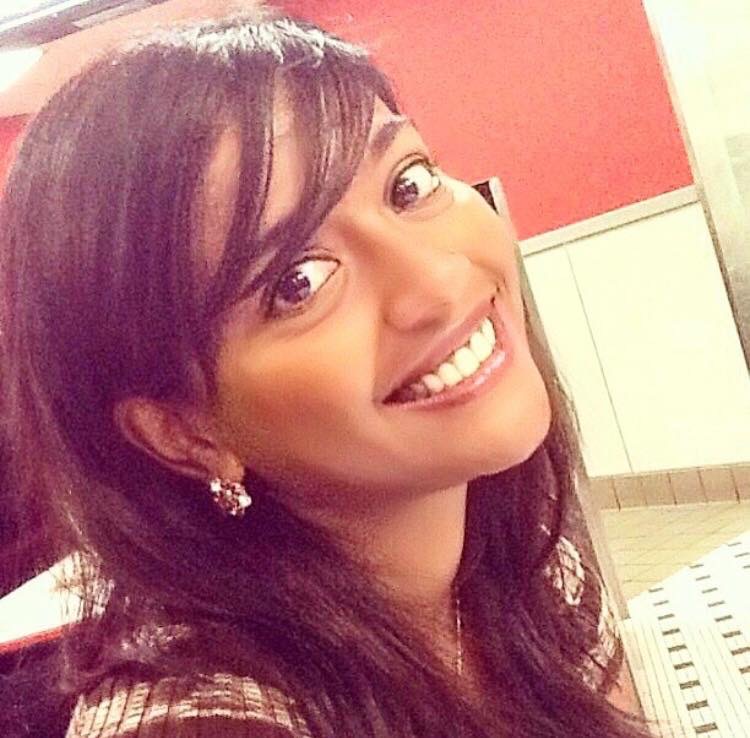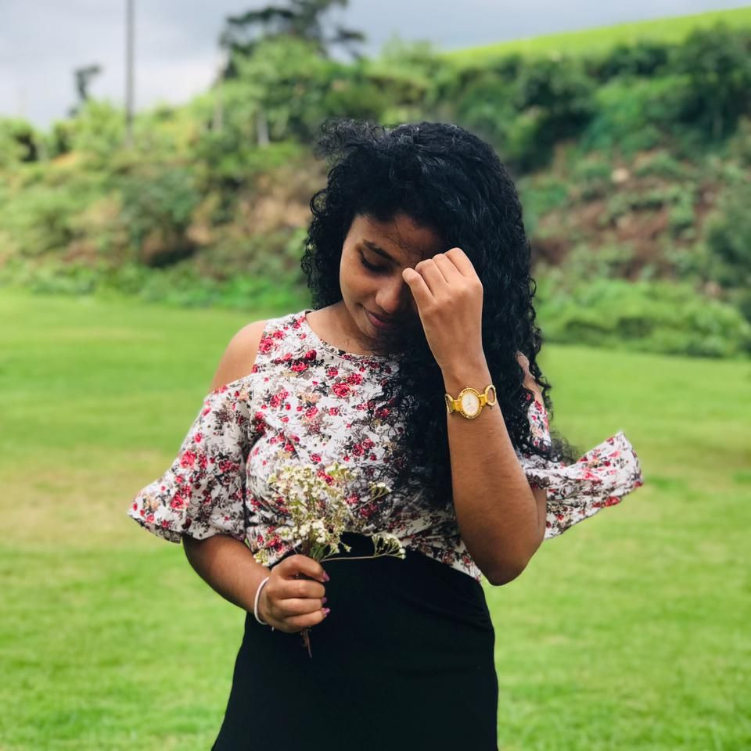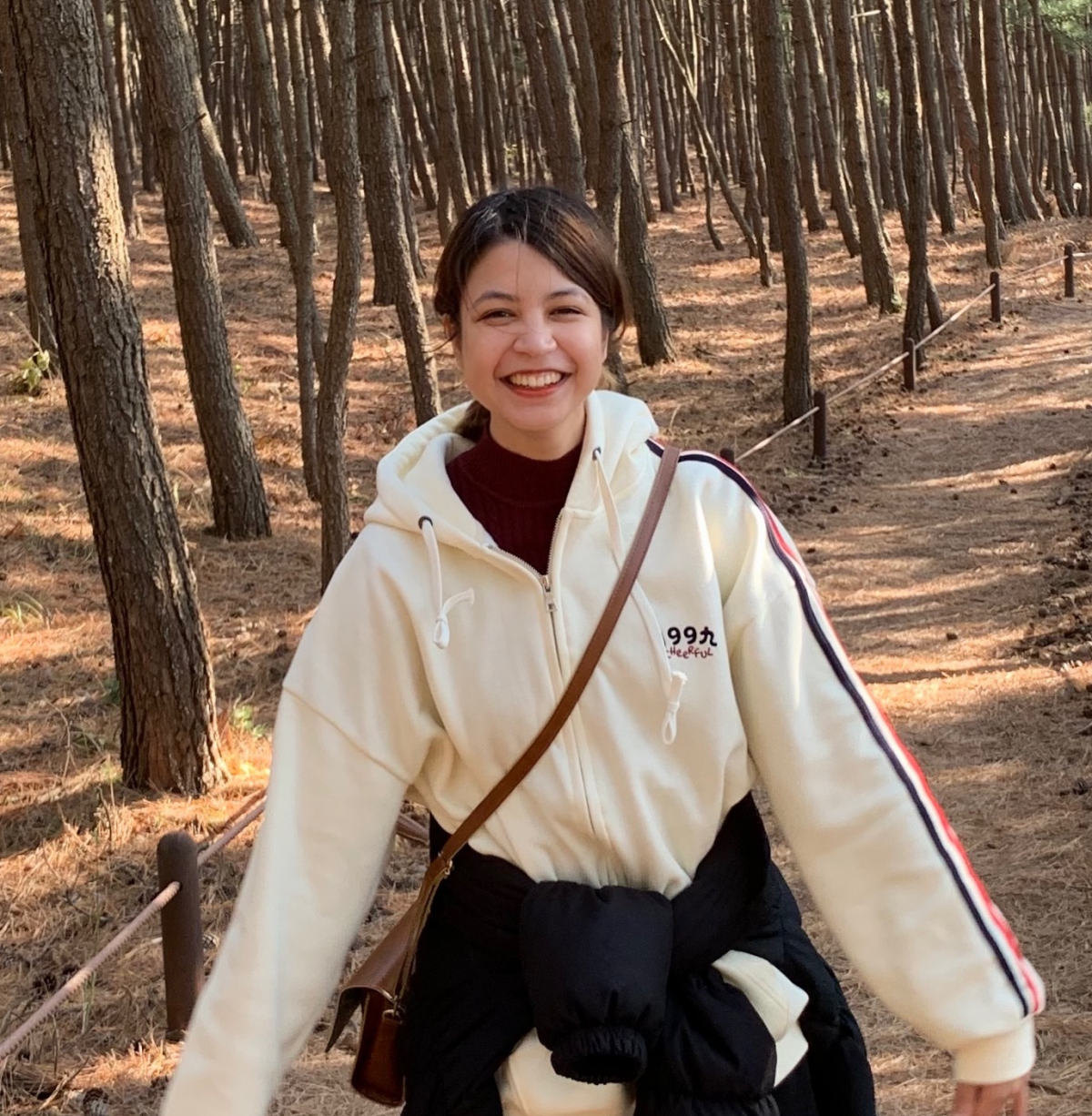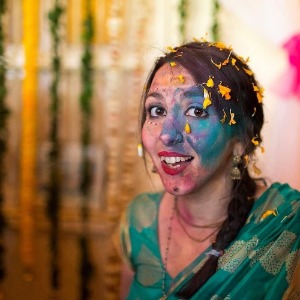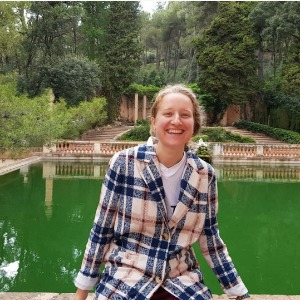Coronavirus ad Amsterdam - L’esperienza di un Ventiquattrenne
E’ una situazione strana, ma non necessariamente brutta.
Netherlands, Western Europe
Story by Joost Backer. Translated by Sati Nunziati
Published on April 8, 2020.
This story is also available in 
Listen to this story:
Nelle ultime settimane di Gennaio, fine di Febbraio, tutto era ancora molto lontano, ed è così tragicamente divertente ripensare all’incredulità che ci scambiavamo l’un l’altro quando la città cinese di Wuhan, il primo epicentro di Coronavirus, fu completamente bloccata.
Poi spuntarono i primi casi in Iran, e poi in Italia. Pochi giorni dopo, i primi pazienti di Coronavirus apparirono anche nel mio paese, l’Olanda. Qui il diffondersi è stato accelerato (per quanto ne possiamo sapere) a causa dei molti che si sono spostati per le vacanze sciistiche in Italia, e a causa del tradizionale carnevale olandese nella provincia di Barbant, dove in tanti si travestono e si incontrano per bere birra e festeggiare; quale luogo migliore per la diffusione di un virus. E ora, improvvisamente, anche noi ci ritroviamo bloccati.
Dalla metà di Marzo, tutti i bar i ristoranti e gli spazi pubblici sono chiusi. A parte i supermercati e negozi di alimentari. Dobbiamo mantenere 1,5 metri di distanza (ragazzi! Ormai assocerò questo numero al Coronavirus per il resto della mia vita…). Ci è permesso uscire solo due alla volta, con il rischio di una multa di 400 euro (cosa che la polizia non esiterebbe a fare). Sulle spiagge la polizia utilizza di droni, si! I droni! Per vigilare e controllare che le persone mantengano le distanze.
Nel mezzo di questi tempi turbolenti, direi che me la sto cavando piuttosto bene. Mi sono trovato all’improvviso a passeggiare con gli amici al parco (invece che incontrarci per una birra), a fare giochi da tavolo (invece che incontrarci per una birra), o a chiacchierare con i miei vicini quasi tutti i giorni (invece che essere sempre di corsa…, avete capito). Non è necessariamente la migliore delle situazioni, ma è sicuramente differente.
La politica del Governo non è quella di controllare e chiudere tutto completamente, ma di raggiungere un’”infezione controllata” in cui le persone ammalandosi possono immunizzarsi, in modo da non raggiungere una “curva ripida” dei casi, della quale tutti sono preoccupati. La discussione è: se ci chiudiamo completamente senza ammalarci nessuno può diventare resistente e in pochi mesi il virus potrebbe colpire di nuovo.
Abbiamo in totale 1,100 letti disponibili nelle terapie intensive per i pazienti di Coronavirus. Al 29 Marzo, 914 di questi letti sono occupati e 639 persone sono morte. Ho diversi amici che lavorano in ospedale e anche loro sono piuttosto preoccupati.
In Olanda non c’è un vero modo di sapere con certezza se si ha (o si ha avuto) il Coronavirus. I controlli non vengono fatti, come sta accadendo in molti altri paese, per la semplice ragione che non ci sono abbastanza test disponibili.
A parte questo, sto lavorando da casa tutti i giorni. Lavoro come sustainability consultant, e nonostante preferisca lavorare molto di più in ufficio, sto passando più tempo fuori, cosa che non sarei riuscito a fare altrimenti. Mi prendo più tempo per mangiare la mia colazione a base di avena sul balcone al sole; a pranzo le uova strapazzate le mangio sulle scale dell’ingresso che guardano verso la strada e dopo il lavoro passeggio lungo il mio quartiere di Amsterdam.
E’ una situazione strana, ma non necessariamente brutta.
How does this story make you feel?
Follow-up
Do you have any questions after reading this story? Do you want to follow-up on what you've just read? Get in touch with our team to learn more! Send an email to [email protected].
Talk about this Story
Please enable cookies to view the comments powered by Disqus.
Subscribe to our Monthly Newsletter
Stay up to date with new stories on Correspondents of the World by subscribing to our monthly newsletter:
Other Stories in Italiano
Explore other Topics
Get involved
At Correspondents of the World, we want to contribute to a better understanding of one another in a world that seems to get smaller by the day - but somehow neglects to bring people closer together as well. We think that one of the most frequent reasons for misunderstanding and unnecessarily heated debates is that we don't really understand how each of us is affected differently by global issues.
Our aim is to change that with every personal story we share.
Community Worldwide
Correspondents of the World is not just this website, but also a great community of people from all over the world. While face-to-face meetings are difficult at the moment, our Facebook Community Group is THE place to be to meet other people invested in Correspondents of the World. We are currently running a series of online-tea talks to get to know each other better.











